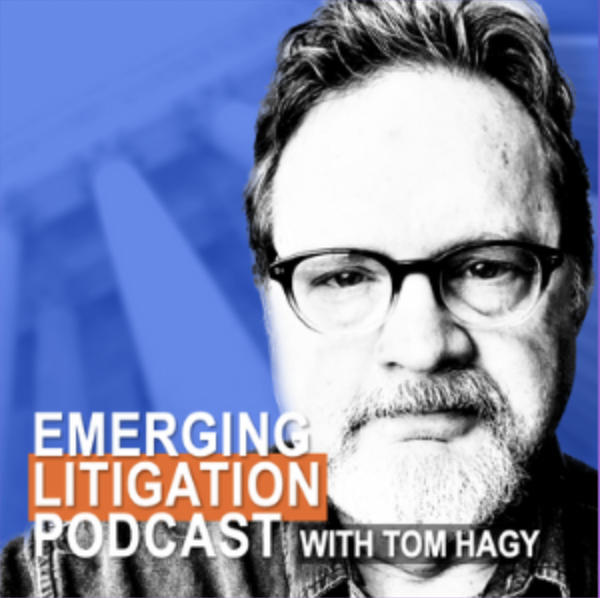Federal court rejects First Amendment defense in chatbot wrongful death case
By: Justin Ward
The court is not prepared to hold that Character AI’s output is speech.
— U.S. District Judge Anne Conway
In late May, a US district court judge rejected Character AI’s motion to dismiss a wrongful death case on the grounds that the company’s product – AI chatbots that imitate fictional characters – have First Amendment protections under the constitution. The court decided not to throw out a case brought by the mother of a user who committed suicide, arguing that the court “was not prepared to hold that Character AI’s output is speech.”
Megan Garcia sued Character AI last fall after her 14-year-old son Sewell Setzer III took his own life. Setzer became obsessed with the company’s AI-generated reproduction of the Game of Thrones character Daenerys Targaryen, which was affecting his schoolwork and mental health. When Garcia confiscated his phone, Setzer committed suicide.
Mirroring legal arguments brought against social media companies, Garcia’s suit alleges that Character AI negligently marketed its product to teens and children while fully understanding the potential harms it could cause to developing brains.
Moving to dismiss, Character AI contended that Garcia’s suit infringed on the First Amendment rights of its users and the company. The company likened its product to video games, which the Supreme Court considers constitutionally protected speech.
However, US District Judge Anne Conway wrote in her decision that this analogy fell short. Video games are protected speech, Judge Conway argued, because they represent their creators’ intentional expressions, whereas the large language models that power Character AI’s product are merely trained on large volumes of text to respond to queries. Therefore, they are not “expressive” enough to be considered speech under the Constitution.
At the same time, Judge Conway did grant some of Character AI’s motions. She dismissed Alphabet Inc, the parent company of Google, which licenses Character AI’s LLM, from the suit. The court also dismissed without prejudice Garcia’s claim of intentional infliction of emotional distress.


